15 Peanut Butter Recalls You Need To Know About
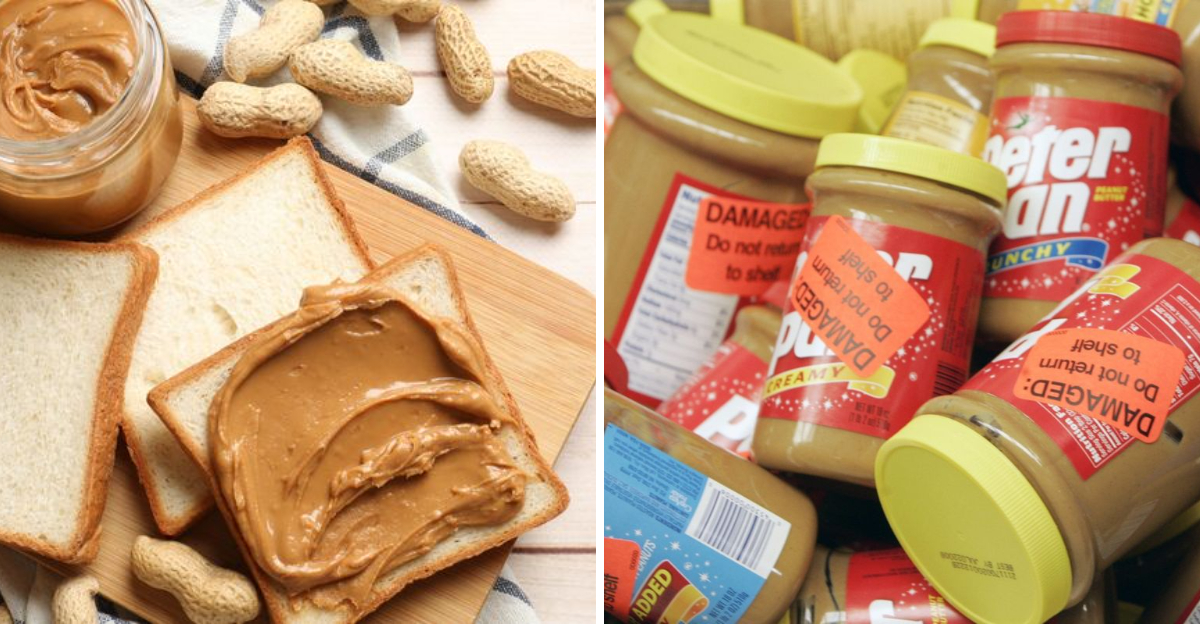
Here are 15 peanut butter recalls you need to know about, spanning serious contamination to toxin risks. These involve major brands, household names, and surprising international alerts. Always check ingredient lists and lot codes before consumption.
1. Jif Brand (May 2022)
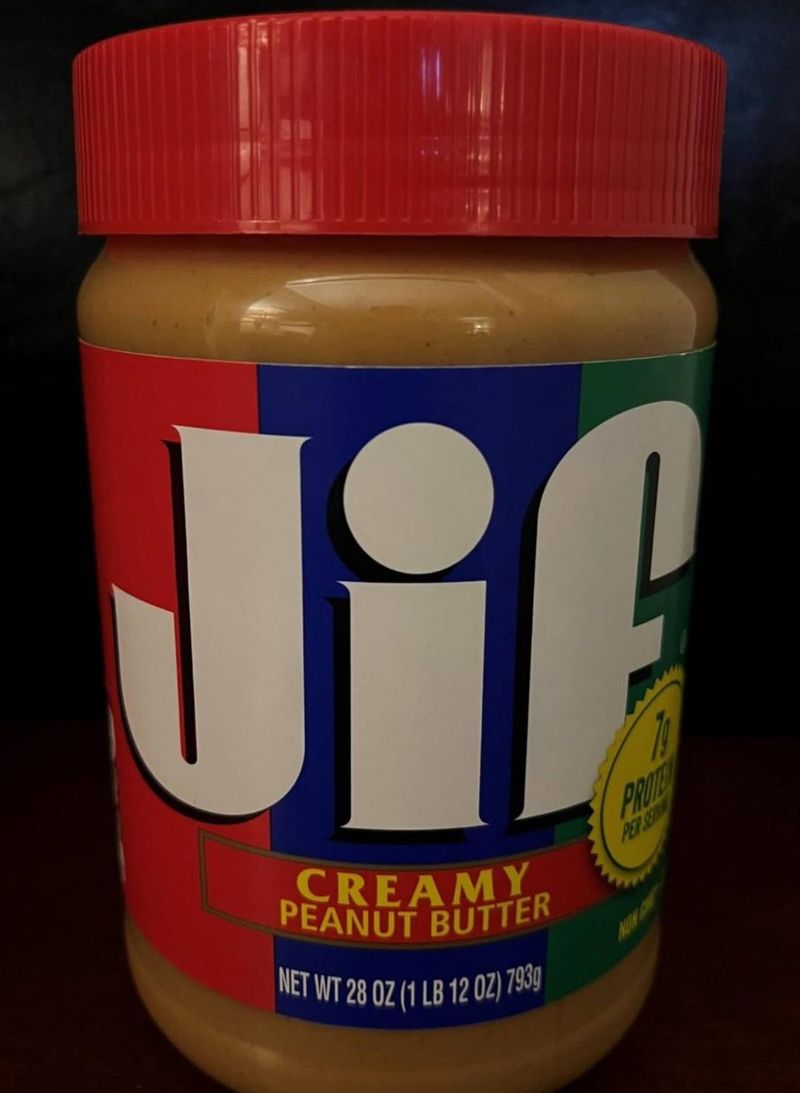
In May 2022, Jif faced a significant recall due to a Salmonella Senftenberg outbreak. The recall affected multiple states, and nearly 50 Jif products were pulled from the shelves. The contamination was traced back to specific lot codes: 1274425–2140425, all of which ended in 425.
Consumers were advised to check their jars and avoid consumption if the lot codes matched. Online resources were flooded with alerts, and retailers swiftly removed the affected products from their inventories. This incident marked a major event in food safety, underscoring the importance of vigilance in monitoring product safety.
The repercussions extended beyond just Jif, as numerous brands utilizing Jif products were also affected.
2. Peter Pan & Great Value (Feb–Mar 2007)
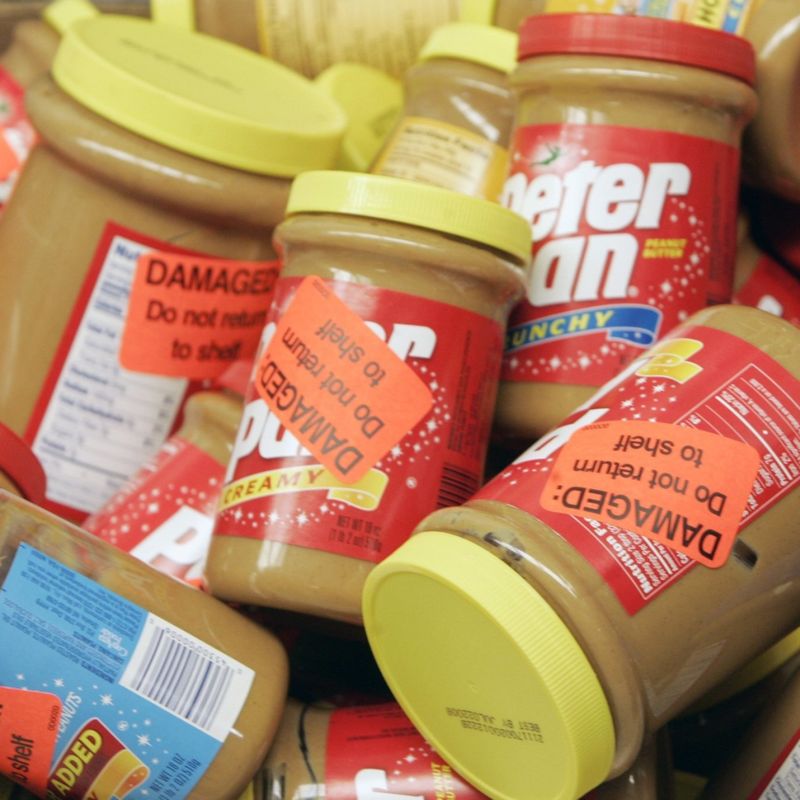
The Peter Pan and Great Value recall in early 2007 stemmed from a widespread Salmonella Tennessee outbreak. Affected jars led to over 425 cases of illness nationwide. The recall included jars from both Peter Pan and Walmart’s Great Value brand.
Consumers were swiftly informed through multiple channels, and jars were withdrawn from stores across the country. This recall highlighted the vulnerabilities in production processes and the rapid spread of contamination.
The sheer number of illnesses prompted rigorous investigations, reminding manufacturers of the critical need for stringent quality control and testing measures in food production.
3. Peanut Corporation of America (2008–09)
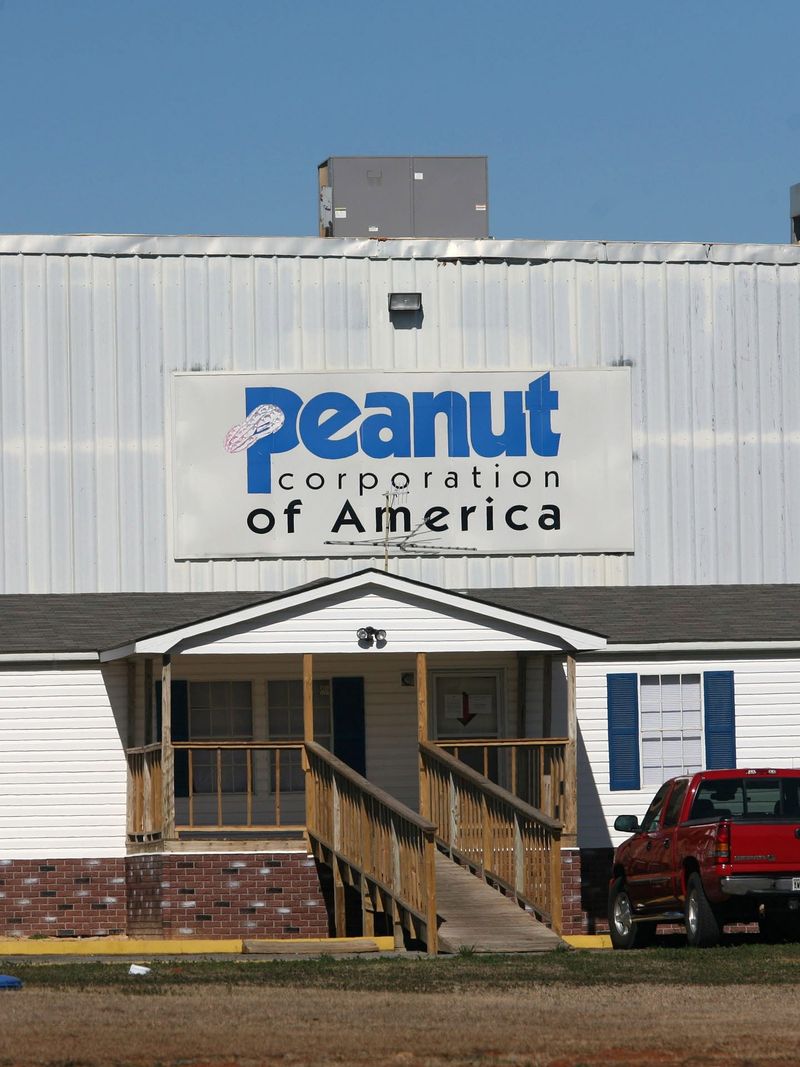
The Peanut Corporation of America crisis was one of the largest food safety scandals in recent history. Linked to a Salmonella Typhimurium outbreak, it resulted in at least 714 illnesses and 9 deaths across the U.S. The recall encompassed around 3,900 peanut products distributed nationwide.
The contamination traced back to PCA’s unsanitary production practices. The outbreak led to significant legal and financial repercussions for PCA, forcing the company into bankruptcy.
Public trust was severely shaken, with widespread media coverage and governmental scrutiny resulting in tighter regulations and standards in the food industry, highlighting the need for rigorous safety protocols.
4. Sunland Inc. (Sept 2012)
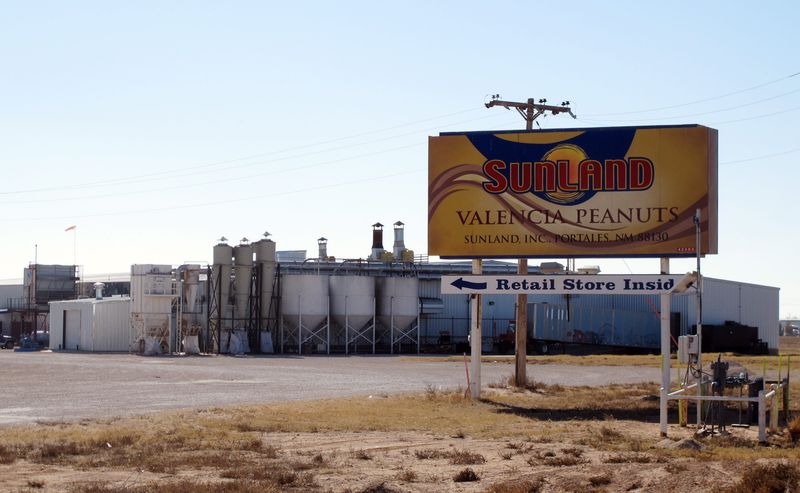
September 2012 saw Sunland Inc. recall around 240 nut products due to Salmonella contamination. This recall affected consumers in 20 states and resulted in a temporary shutdown of the Sunland plant.
The contamination sparked widespread concern, prompting consumers to scrutinize labels and product origins more closely. The recall included various peanut butter brands manufactured under Sunland’s supervision.
This incident served as a stark reminder of the importance of rigorous testing and quality assurance in food production, influencing future industry standards and practices to prevent such occurrences.
5. Recalls of Peanut-Bearing Foods Due to Jif Contamination
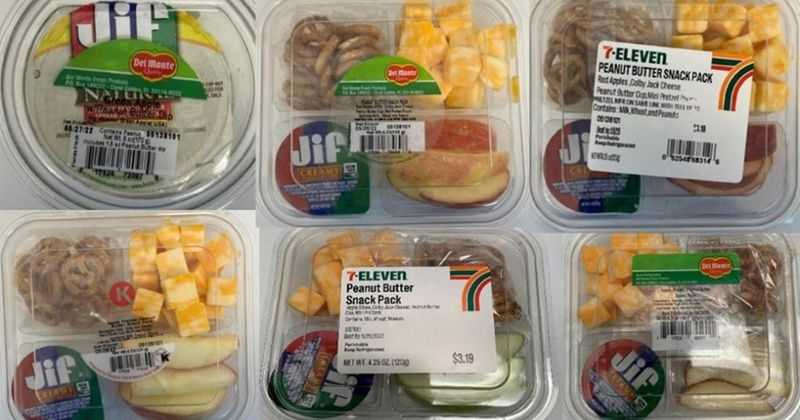
Following the Jif contamination, a range of peanut-bearing foods faced recalls. Products like Deskins Candies, Prairie City Bakery cakes, and Taharka Brothers ice cream were among those affected.
These recalls highlighted the interconnected nature of the food supply chain and how contamination in a single product can ripple outwards. Retailers and consumers had to remain vigilant, checking product lists and recall notices.
This incident provided valuable lessons for manufacturers and distributors, emphasizing the need for traceability and rapid response mechanisms when dealing with potential food safety hazards.
6. Pick n Pay / Eden All Natural (Feb 2024, South Africa)
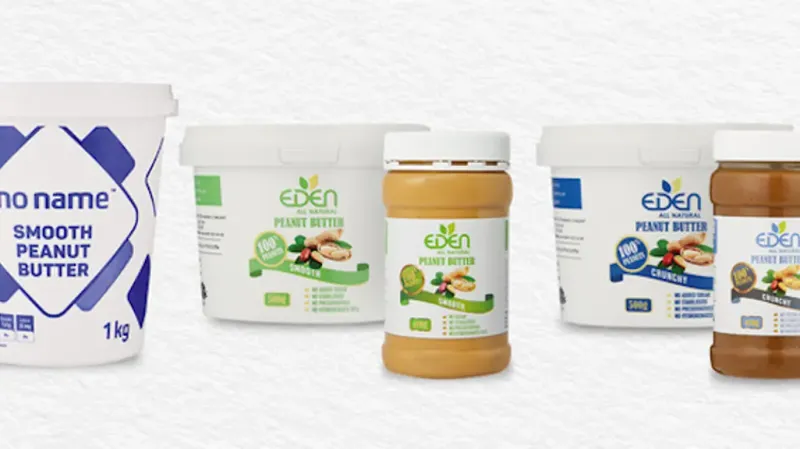
In February 2024, South African brands Pick n Pay and Eden All Natural recalled certain peanut butter products due to elevated levels of aflatoxins, a known carcinogen. Routine testing revealed these alarming levels, prompting immediate action.
The recall included the “No Name” smooth peanut butter and Eden varieties. Consumers were quickly alerted via media and store notices, underscoring the importance of routine safety checks.
This event emphasized the global nature of food safety issues, demonstrating that vigilance in quality control is critical across all markets, regardless of location.
7. Coles Supermarkets (May–June 2025, Australia)
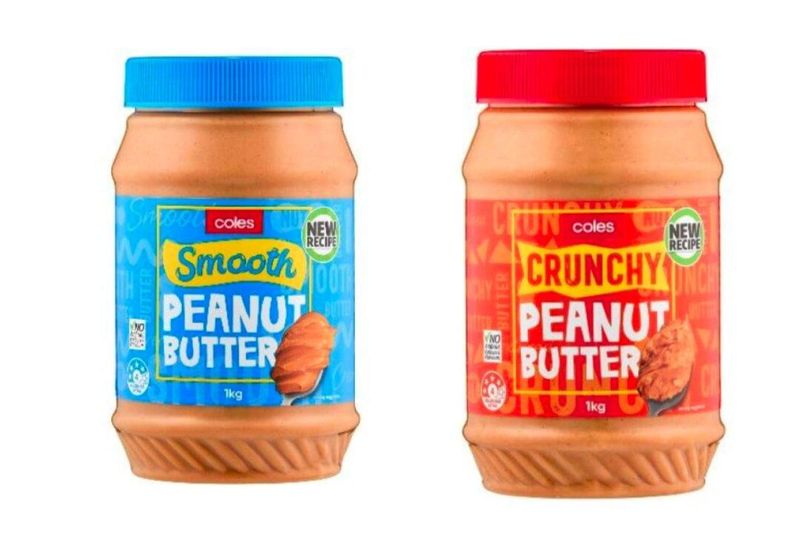
In mid-2025, Coles Supermarkets in Australia recalled their 1 kg Smooth & Crunchy peanut butter jars due to aflatoxin contamination. The affected jars had best-before dates scattered across 2027, causing significant concern among consumers.
The recall was communicated through both in-store signage and digital platforms, ensuring widespread awareness. This proactive measure reflected the supermarket’s commitment to consumer safety and transparency.
Incidents like these underscore the critical role of thorough testing and monitoring, especially for products with long shelf lives that may pose prolonged risks to public health.
8. House of Natural Butters (2024, South Africa)
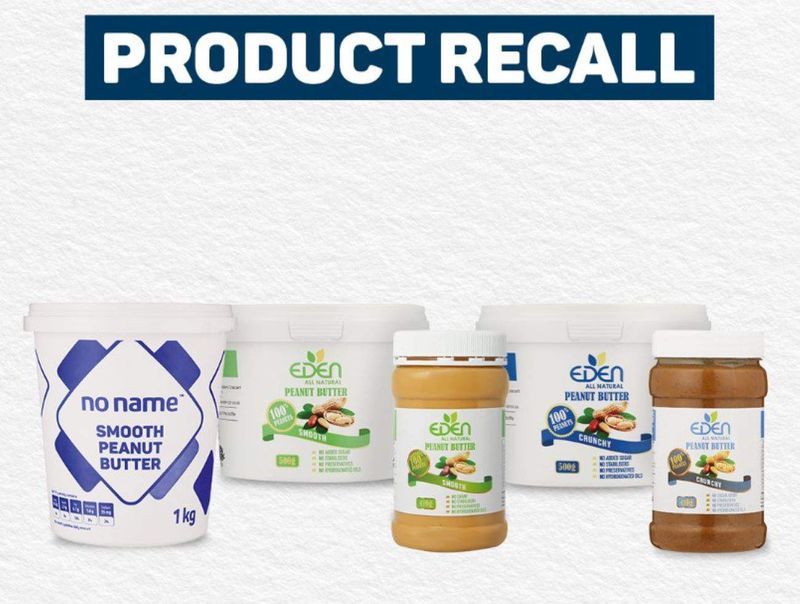
In 2024, House of Natural Butters faced a recall due to aflatoxin contamination, affecting multiple brands across South Africa. Dis‑Chem and Pick ’n Pay were among the retailers involved, taking swift action to protect consumers.
Aflatoxins, being potent carcinogens, posed a serious health risk, and the recall was covered extensively by local media. Consumers were urged to check their pantries and return any affected products.
This recall showcased the interconnectedness of food safety and retail, highlighting the importance of rapid communication and collaboration between manufacturers, retailers, and regulatory bodies.
9. Trader Joe’s (Sunland products, 2012)
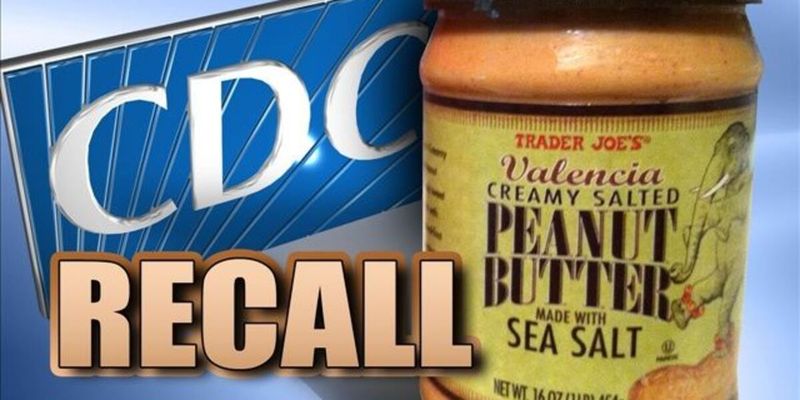
Trader Joe’s was among the retailers affected by the Sunland recall in 2012. Salmonella-tainted nut butter led to the removal of products from their shelves, affecting customers nationwide.
The recall was part of Sunland’s broader contamination issue, which impacted numerous brands. Trader Joe’s response was swift, ensuring customer safety and maintaining trust.
This incident served as a crucial example of how interconnected the supply chain is and the speed at which contamination can affect various stakeholders in the food industry, reinforcing the need for robust safety protocols.
10. Kirkland Organic / Costco (2012)
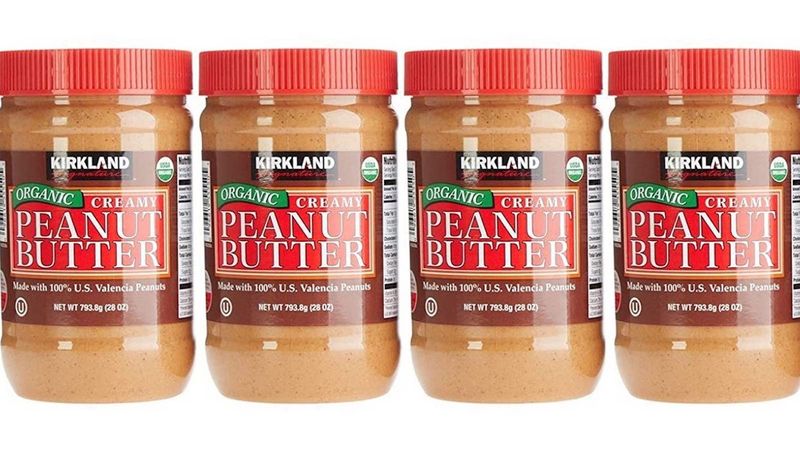
In 2012, Costco faced a significant recall involving nearly 1 million jars of Kirkland Organic peanut butter, linked to Sunland’s contamination. This recall was a direct consequence of Sunland’s quality control failures.
Costco acted quickly, communicating with members to return the affected products. The recall demonstrated the scale at which large retailers operate and the potential impact of quality issues on consumer trust.
The event prompted industry-wide introspection into supply chain management and reinforced the importance of stringent safety protocols and constant vigilance in the food industry.
11. Uncrustables Sandwiches (Oct 2012)

In October 2012, Smucker’s recalled Uncrustables sandwiches due to the inclusion of peanut butter from Sunland. The contamination risk posed by Salmonella led to immediate action.
The recall emphasized the complexity of processed foods, where ingredients from multiple sources are combined, increasing the risk of widespread contamination. Consumers were advised to check lot numbers and return any affected products.
This incident highlighted the importance of thorough vetting of suppliers and the challenges of maintaining food safety in a globalized market, where products often cross many borders before reaching the consumer.
12. Smith Dairy Peanut Butter Ice Cream (Oct 2012)
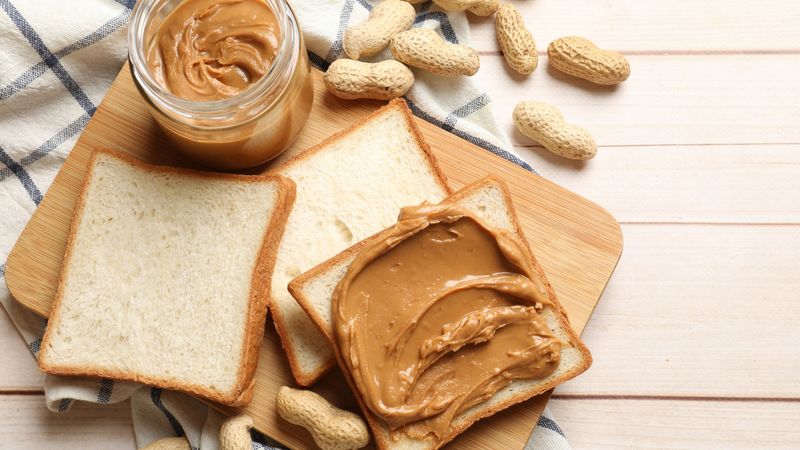
Smith Dairy’s peanut butter ice cream was part of the Sunland-related recalls in 2012. The tainted peanut butter led to concerns over Salmonella, prompting an immediate response from the company.
This recall underscored the pervasive nature of contamination in processed foods, where a single ingredient can impact diverse products. Smith Dairy acted swiftly, ensuring that consumers were informed and could take appropriate action.
Such incidents highlight the necessity of comprehensive safety checks and the inherent risks in the food manufacturing process, especially when dealing with potentially hazardous ingredients.
13. Nestlé (2006)
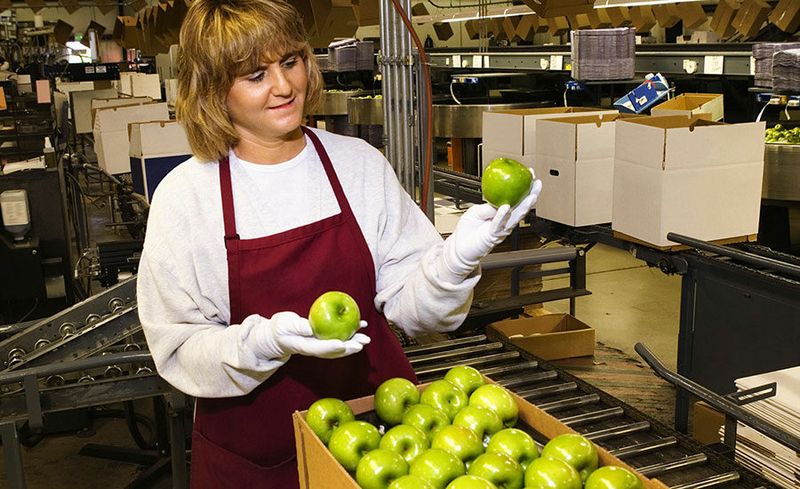
In 2006, a Nestlé audit flagged unsafe conditions at a PCA plant, foreshadowing the 2008-09 crisis. While not an official recall, this audit highlighted significant safety issues that would later result in a major food safety scandal.
The conditions observed included unsanitary practices and inadequate oversight, which were not immediately addressed. This oversight provided a crucial lesson in the importance of proactive safety management.
The eventual fallout stressed the need for diligence and accountability in food production, serving as a cautionary tale that continues to influence safety regulations.
14. Great Value (2007)
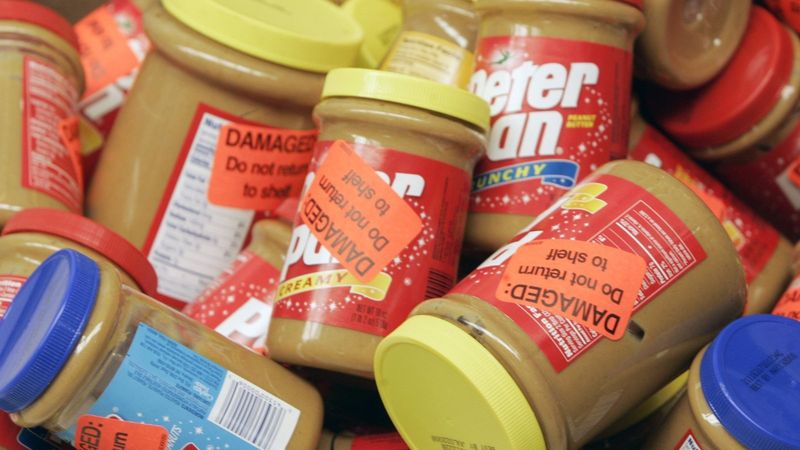
Walmart’s Great Value brand was implicated in the 2007 recall linked to the Peter Pan Salmonella outbreak. The recall involved numerous jars distributed nationwide, highlighting the sweeping impact of contamination.
Great Value, being a popular store brand, necessitated efficient recall processes to protect consumers and mitigate the spread of illness. The communication strategy included in-store announcements and media alerts.
This recall underscored the vulnerabilities in supply chains and the critical role of rapid responsiveness in averting further health risks, setting a precedent for future product safety interventions.
15. Caffeinated Peanut Butter “Steem” (Discontinued 2019)
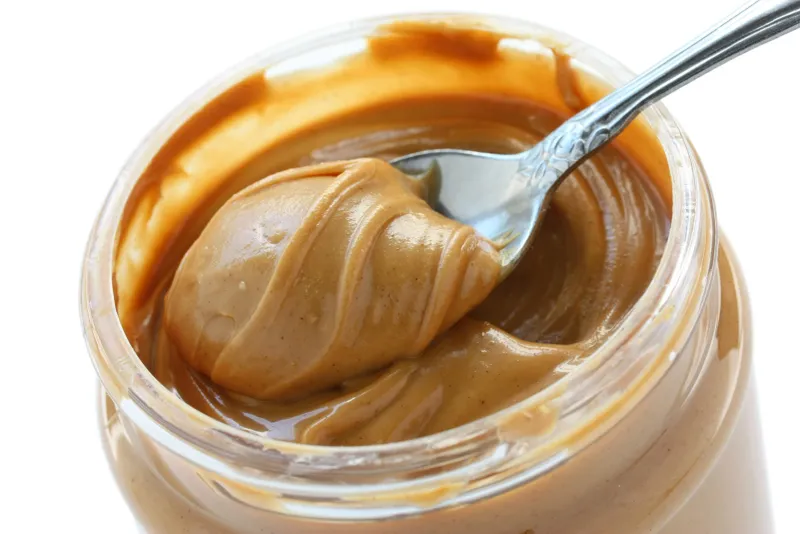
Steem’s caffeinated peanut butter was not recalled for contamination, but the FDA’s investigation into its added caffeine raised eyebrows. Initially popular for its energy boost, concerns over caffeine content led to scrutiny.
The product was eventually discontinued in 2019, not due to health scares, but shifting consumer preferences and regulatory challenges. This case illustrated the dynamic nature of food trends and regulatory landscapes.
The blend of caffeine and peanut butter was innovative, but highlighted the fine line between novelty and safety, prompting discussions on the regulation of non-traditional food additives.
